Teachers have the ability to track students’ internet activity. They can see what YouTube videos students watch, what sites students visit, what private emails students receive and send, all the time—even when students are at home. Students often assume that teachers are able to use the online service Hapara, a program which all teachers have access to, in these ways. Some of this is true and some is false, but the intention behind the service is to help teachers better support students and make sure they maintain proper digital citizenship, which means making ethical and legal choices in the digital environment. The service does this by allowing teachers to send students documents, communicate with them and monitor inappropriate internet activity.
Many students have heard false information or have an incomplete knowledge of the service, only hearing gossip. Some believe that the program works through the district internet connection or through school designated laptops, which means that teachers would not only have access to school-related platforms, but also to personal information. This is not the case. Not only would that be illegal under Washington State law, but Gavin Molitor, the South Region Instructional Technology Coordinator for the NSD has confirmed otherwise. Hapara only works through students’ NSD Google accounts. This means that teachers who have
the students in their class have access to anything which requires the student’s district email. Websites like Gmail, Clever, Schoology and Google Chrome are some of the main ones. But while teachers can view and control the tabs that are open on a student’s Google account, they cannot open the device’s web camera or view any websites that require login information. Additionally, Hapara is time bound, which means it does not let teachers access student devices or accounts before 8AM or after 4PM. Administrators may look at individual use history whenever they wish, but this is usually only done when a digital citizenship issue is already identified and more information is needed to discuss potential inappropriate technology usage by the student. All of these restrictions help protect students from bad teacher motives.
One of Hapara’s main uses is keeping students on task in class and monitoring appropriate digital citizenship. There does not seem to be any ulterior motive of the district. And though teachers can and do walk around their classrooms checking each student’s work, students can just pretend to be working when they see the teacher coming, with a quick switch of tabs. So, not only does it make sense for the district to aid teachers with Hapara, but it would be worrisome if they did not. Without it, some students would easily get off track. Many students tend to drift towards playing Google Games and online chess when given work time in class. This program is a resource meant to help teachers avoid that since they can close that tab on the laptop and get the student back on track.
The district policy on plagiarism is also important to administrators, and Hapara helps teachers ensure their students maintain good digital citizenship. One of the first things explained in a student’s high school career is plagiarism and the importance of being a good digital citizen; Hapara helps teachers catch those cheating on online assessments. Teachers can look at what tabs are open on a student’s laptop and see which one they are on. Although Hapara can not completely eradicate the chances of academic dishonesty, it does help teachers limit it as much as possible. This is especially important during a time where classes are becoming more dependent on the internet.
While one of the biggest benefits of Hapara during class time is viewing students’ screens, its other aspects also play a big role in how teachers teach. The service can help them send mass messages to students and put documents directly into a student’s online Google folder. Additionally, this system provides a way for teachers to give students higher grades, if they choose to take the extra steps to look for that document. Teachers in various departments have expressed how, when people have not submitted their work, they use this program to go into the document and grade the amount of work done, rather than mark it missing. For students who forgot to or were unable to submit their work, they can be given the benefit of the doubt.
It is understandable that the idea of teachers being able to look into accounts is terrifying, and the idea that one could always be watched is frightening. However, according to many teachers I have spoken with, they barely use Hapara. Nonetheless, access to this resource is important for teachers. Digital citizenship is a significant aspect of education, and its importance is seen not only here but at higher levels of education, too. Therefore, teachers need a way to help us practice those skills.
Many students are unaware of the authentic implications of the service or are unaware of how Hapara is actually used, and therefore proclaim the service harmful and illegal. But being uninformed about the technology is not only the fault of the students, but of the district as well. By not informing students and parents about the usage of Hapara explicitly, administrators bring uneasiness to the student population. The idea that Hapara is meant to stalk students and scare them is caused by the student population’s lack of knowledge and the common idea that it is an invasion of privacy. It can isolate the student body, making them feel incriminated even if they haven’t done anything wrong.However, it should be known that teachers are in the same boat as students. In fact, many are unaware that teachers can be monitored, too. The lack of knowledge among the student population is wrong. The district should fully inform students about the reasons for Hapara being implemented in their learning. This would not only help rid the community of their fear of Hapara but also bring about a stronger understanding of the importance of digital citizenship.



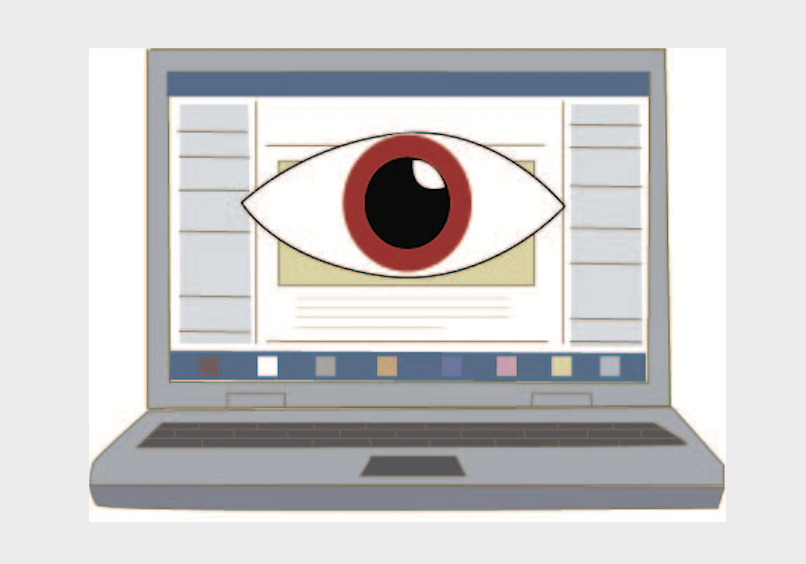




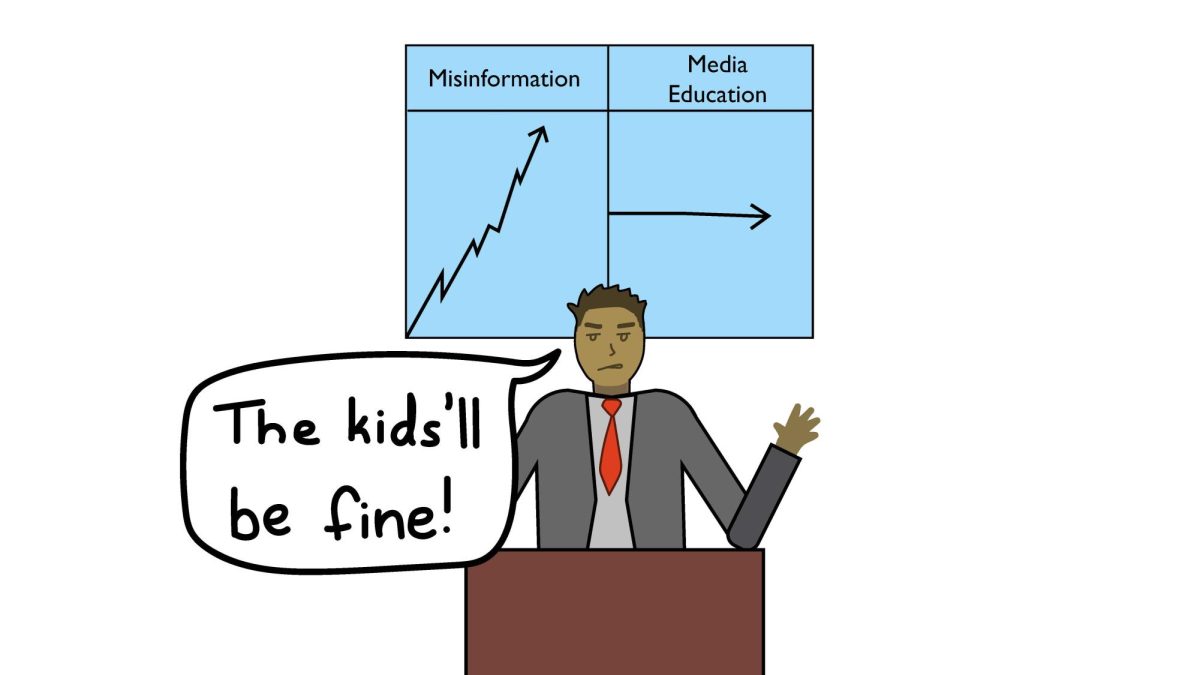




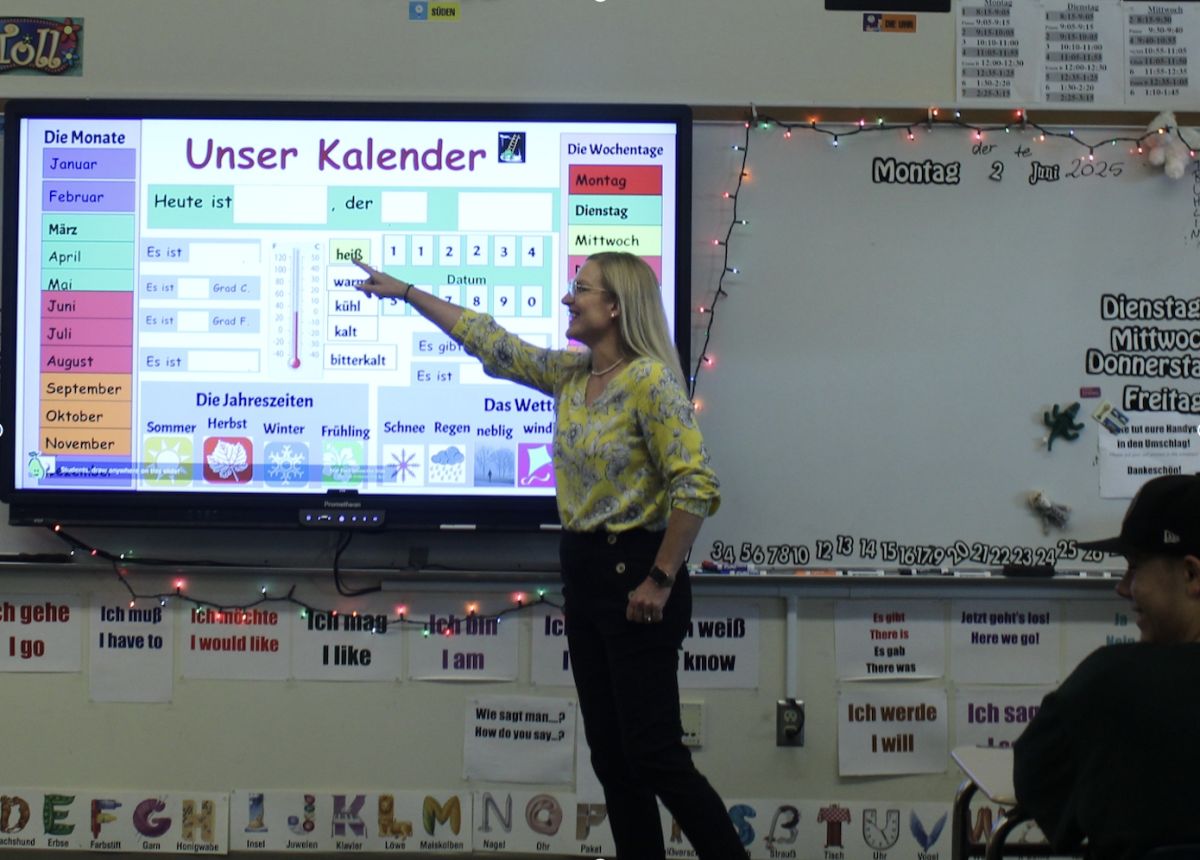

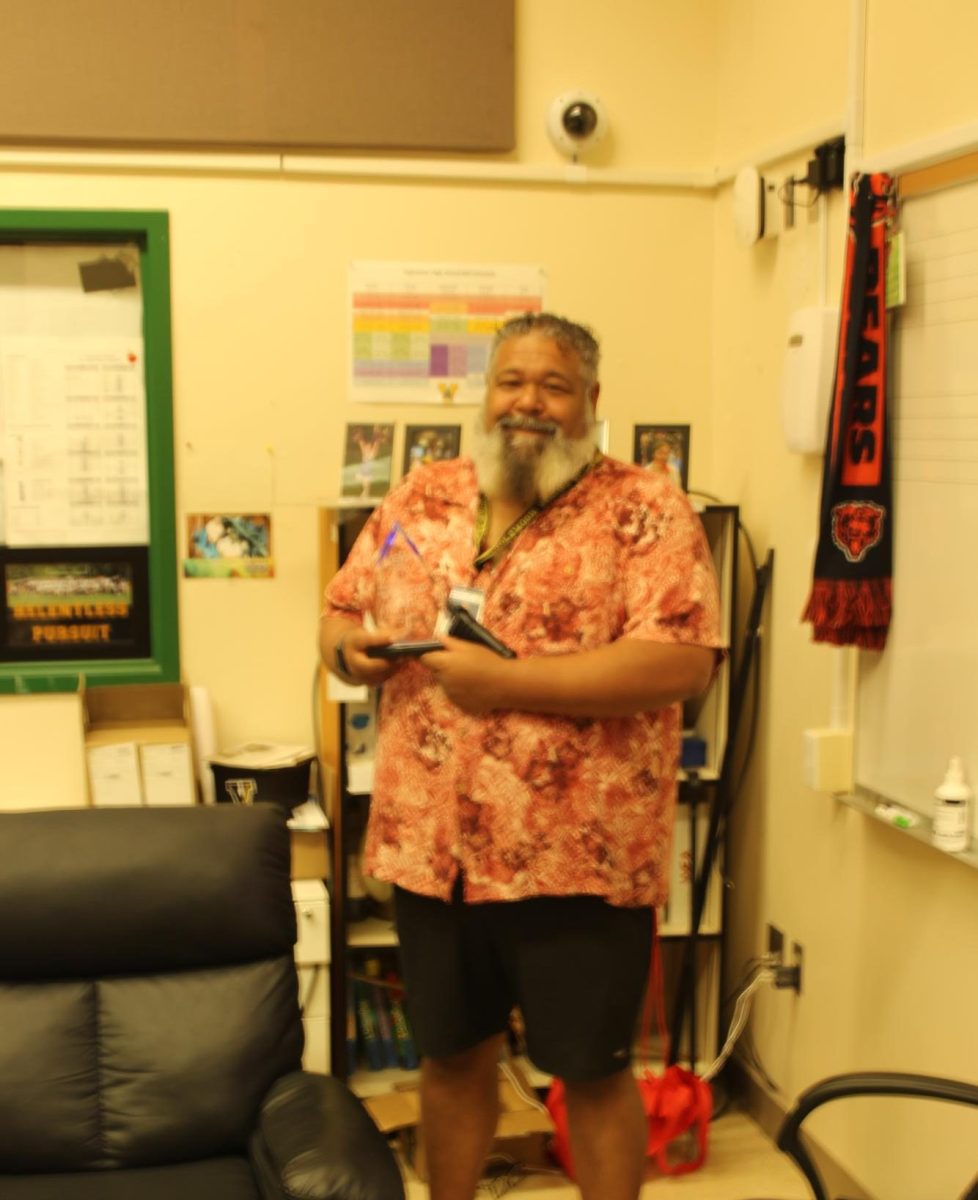
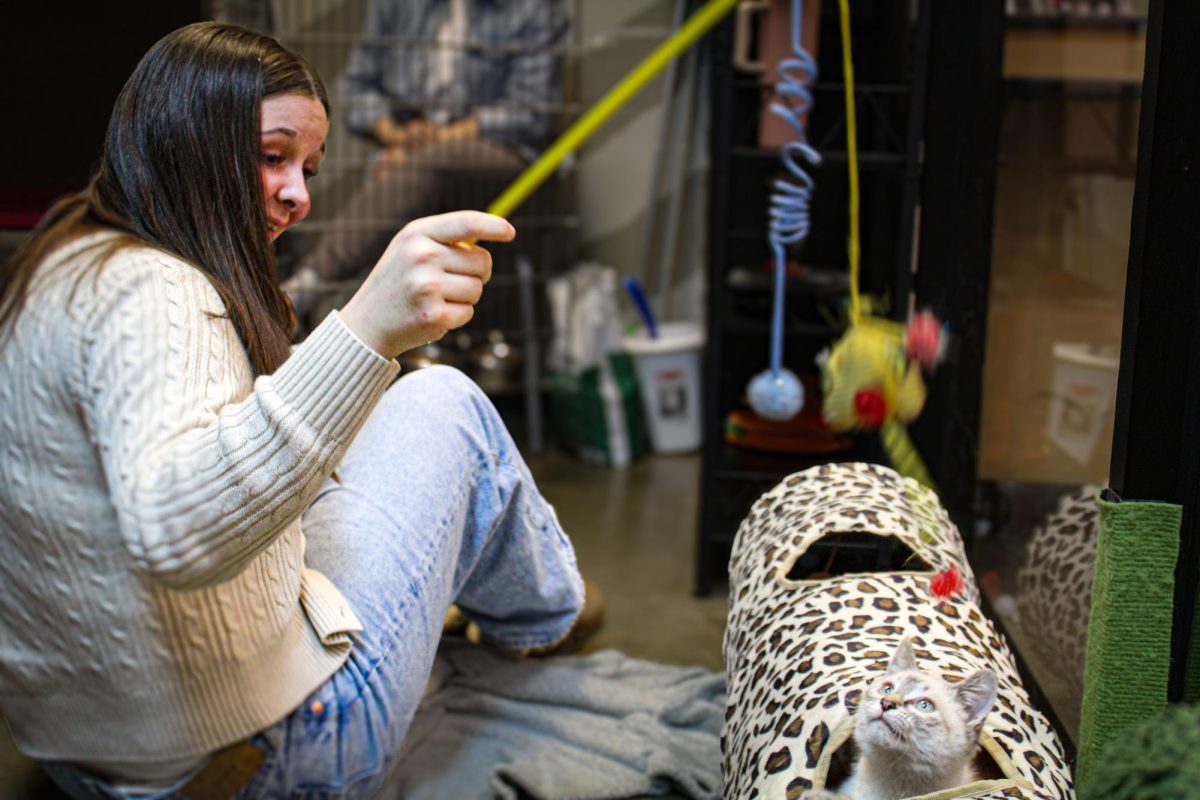

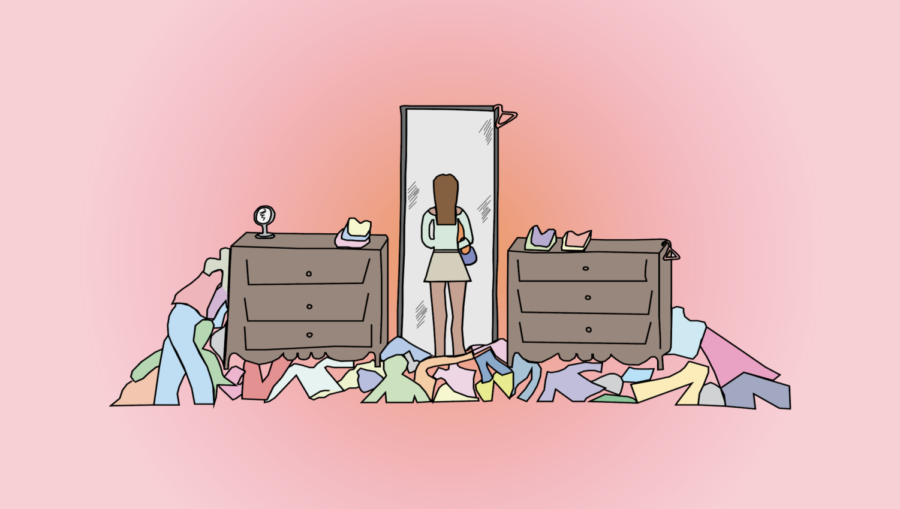



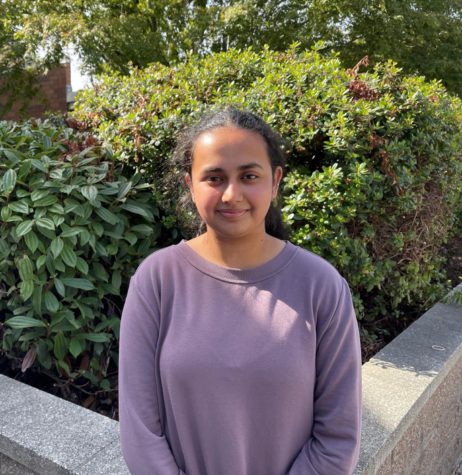
Deez • Apr 18, 2023 at 8:15 PM
I honestly think Hapara highlights are one of those rip off GoGuardians but worse than ever. The Hapara company is so digusting I honestly hope this gross company ends for life
ur mom • Dec 16, 2022 at 10:03 AM
based